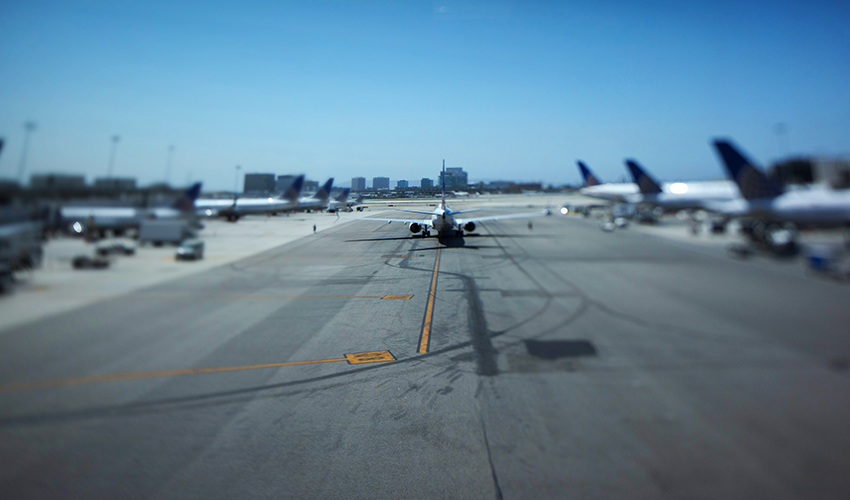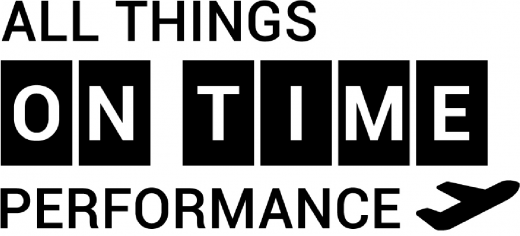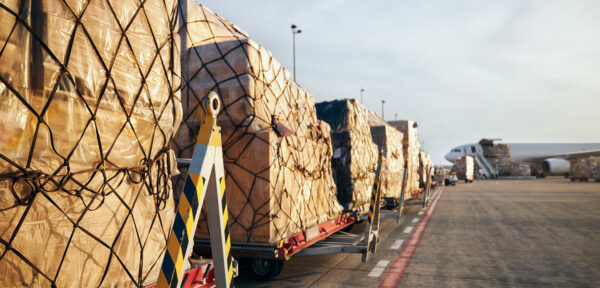Loss Reductions and Projected Profitability Cause for Optimism
With passenger travel continuing its ascent, airline profitability is steadily increasing. The International Air Transportation Association (IATA) upgraded its outlook for the airline’s 2022 financial performance given the current recovery. Its specific forecast included industry losses projected to decrease by $9l.7 billion, an improvement from the October 2021 forecast of an $11.6 billion loss and the 2020 losses of $137.7 billion.
Other IATA projects are that the industry as a whole will see profitability in 2023 with the North American market already forecasted to achieve an $8.8 billion profit this year. Efficiency gains and improving yields were also cited and noted to be helping the airlines reduce losses despite rising labor and fuel costs. An expected delivery of over 1,200 aircraft in 2022 driven by both industry optimism and focus on reducing carbon emissions is also worth noting.
Regarding the cargo sector, IATA noted that, despite the economic challenges, cargo volumes are projected to reach a record high of 68.4 million tonnes in 2022.
IATA’s Director General Willie Walsh summed it up this way, “Airlines are resilient. People are flying in even greater numbers. And cargo is performing well against a backdrop of growing economic uncertainty. It’s a time for optimism, even if there are still challenges on costs, particularly fuel, and some lingering restrictions in a few key markets.”
European Commission Proposing Reinstatement of Normal Slot Usage
The airports are all on board with the European Commission’s (EC) proposal to return to the normal slot usage rules for the Winter 2022/23 season. The Airports Council International Europe (ACI Europe) applauded the idea which would require airlines to use airport slots they have been allocated at least 80% of the time in order to retain them during the following season. This proposed return to normal slot usage would effectively end the successive usage alleviation measures that have been followed since Spring 2020.
The ”80:20” usage rule is aligned with the current air traffic recovery. It reflects the prior need to protect the incumbent airlines’ airport slot portfolios and replaces it with the more effective use of airport capacity. It also restores Europe’s critical air connectivity which had been hindered with all of the prior COVID-19 travel restrictions, which have been eased.
ACI Director General Olivier Jankovec stated, “Airports understood and accepted the need for slot waivers during the pandemic. But there is no question these waivers also came with forgone connectivity and forgone revenues for airports. Going back to the normal slot usage rule while still giving airlines the flexibility and protection they need when faced with travel restrictions or the impact of the war on specific markets is the right thing to do now that air traffic is finally recovering. We urge the EU Council and the European Parliament to support this Commission proposal and expedite its approval.”
The ACI Europe also is in agreement with the EC’s proposal to extend the “justified non-use of slots” (JNUS provisions) which enables airlines to retain airport slots they cannot use as a result of any remaining travel restrictions in specific markets or because of the war in Ukraine and related international sanctions.


Building Supply Chain Resilience
The supply chain and its challenges continue to capture the spotlight as industry insiders call for its greater resiliency. Businesses operating on the supply chain are being advised to assess their operations and related risks (e.g., warehouse fires, loss of suppliers, climate change, etc.). They are being asked to take measures to mitigate those risks in order to reduce the negative impacts on the broader supply chain.
One organization, Logistics UK noted the importance of building up the labor supply by engaging the next generation of workers. It cited Great Britain’s 20% decrease in freight air transport sector employment from 2015 to 2020. In 2020, employment within the nation’s sector was just 2,135. To address this challenge, Logistics UK supported the Transport Select Committee’s recommendations contained in its report titled, “UK aviation: reform to take-off.” In it, the Committee urged government to prioritize vetting for airports and airlines to expedite their recruitment efforts and stop individuals from accepting other jobs while waiting for their clearance.”
Staying Focused on Sustainability
Currently, only one in 50 climate target goals has been achieved by the international aviation industry. This is according to a study by the climate nonprofit, Possible. The organization did note that some regions are performing better in meeting this goal than others. The Nordic countries of Norway, Sweden, Finland, Denmark, and Iceland were cited. For example:
- A Swedish airport operator introduced new environmental emission charges, whereby it penalizes heavier polluting carriers and rewards the greener aircraft
- The majority of Scandinavian airports participate in the Airport Carbon Accreditation (ACA) program which strives to reducing one’s carbon footprint
- The majority of Scandinavian airports are close to carbon neutrality, not including emissions of third-party airlines, ground handlers and others.
The Nordic one-stop aviation service provider, Aviator Airport Alliance’s Business Improvement Director Magnus Söderberg stated, “It’s important to note that emissions caused by fuel are regarded as a consequence of the activities of the airport rather than the actual sources which are not owned or controlled by airports. Large-scale transition to biofuels within aviation has limitations because today the product of SAF (sustainable aviation fuel) takes place on a limited scale.” He added that by meeting sustainability goals, however, progress is being made toward achieving carbon neutrality and the higher sustainability goals.





0 comments on “Aviation Wrap-Up July 2022”